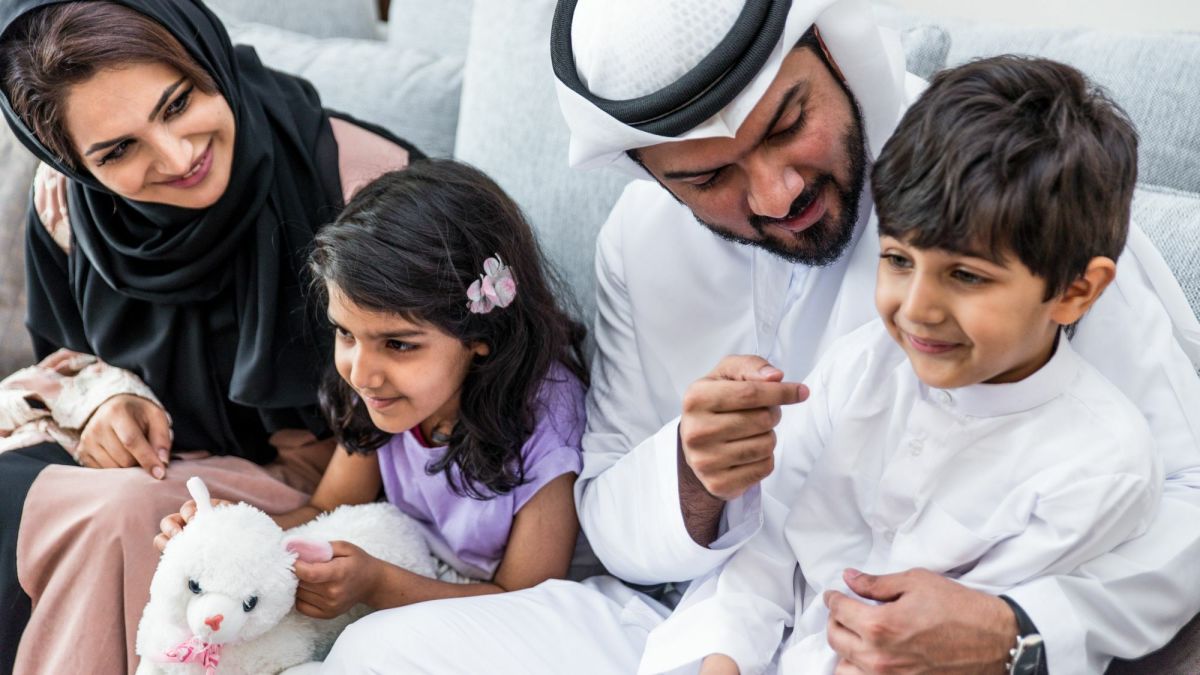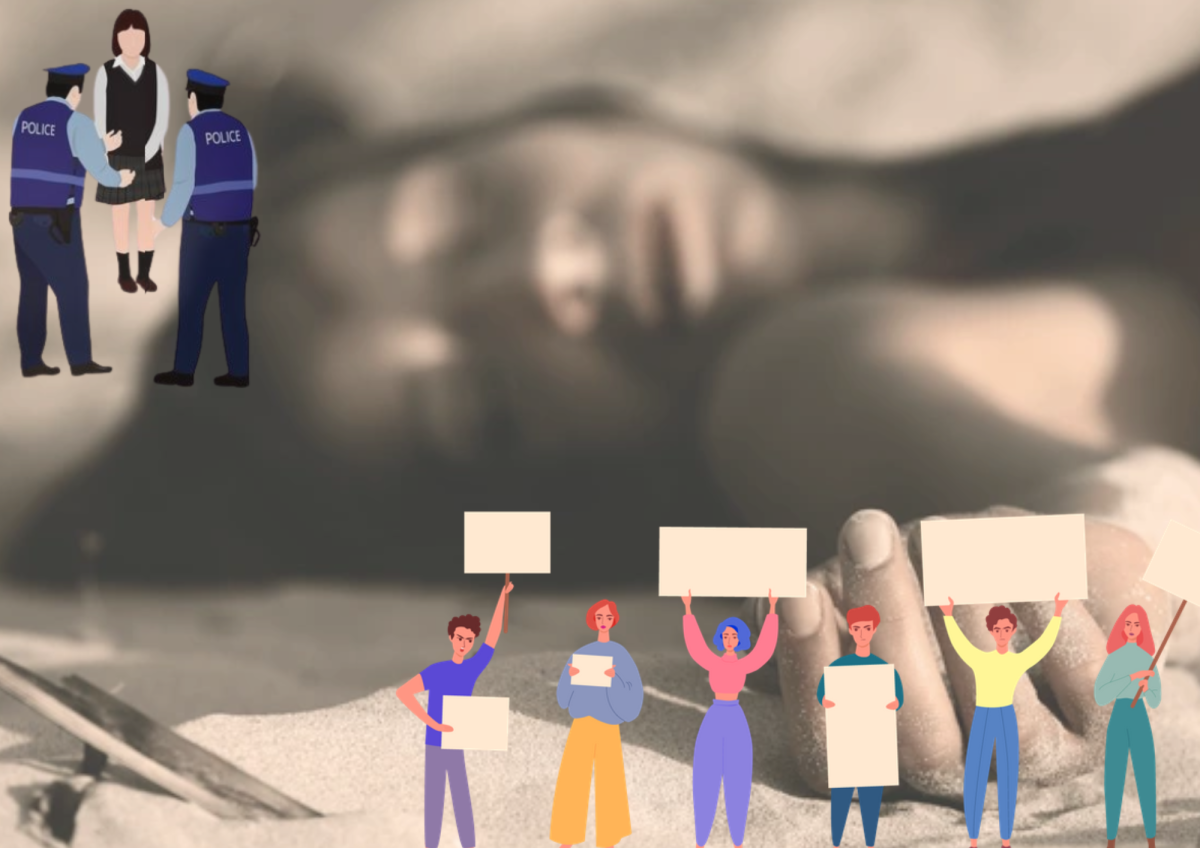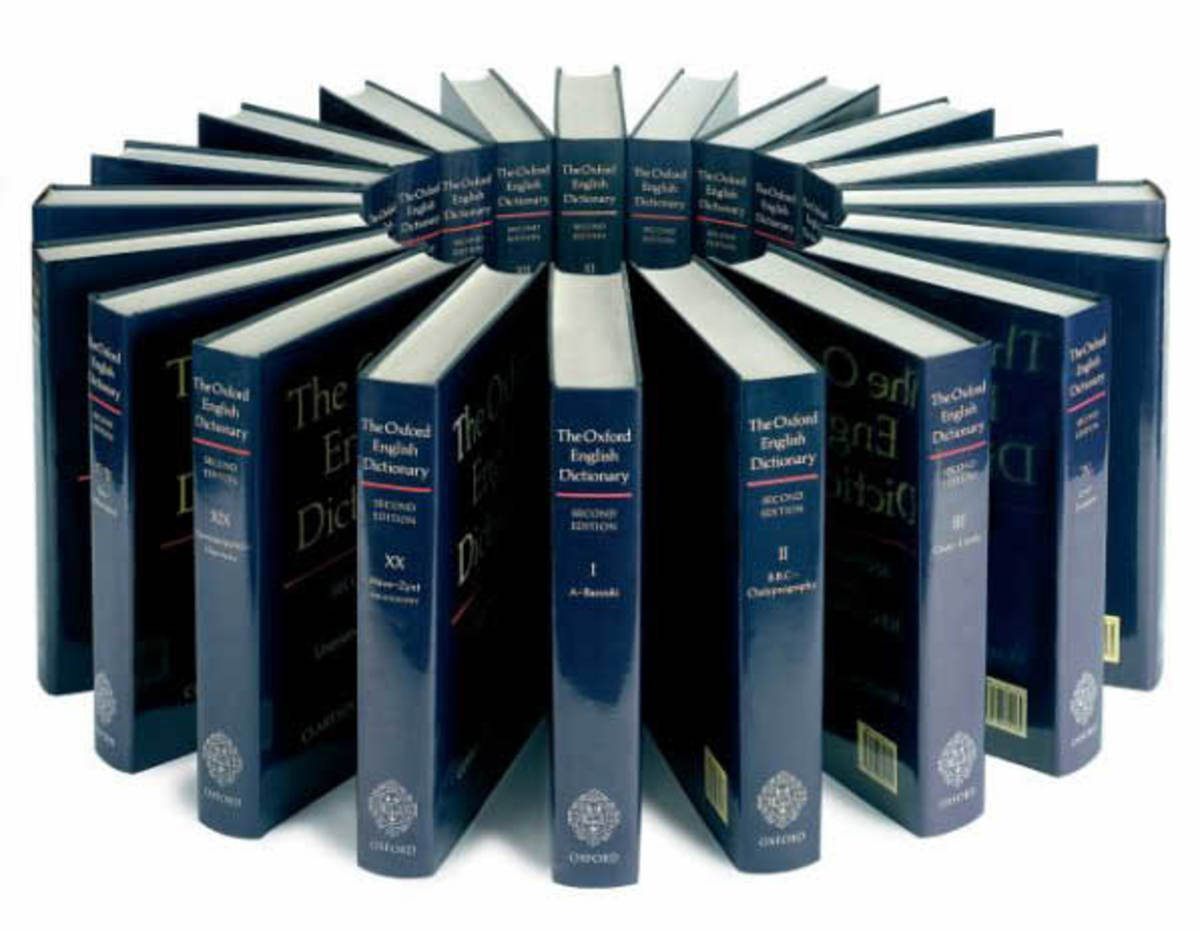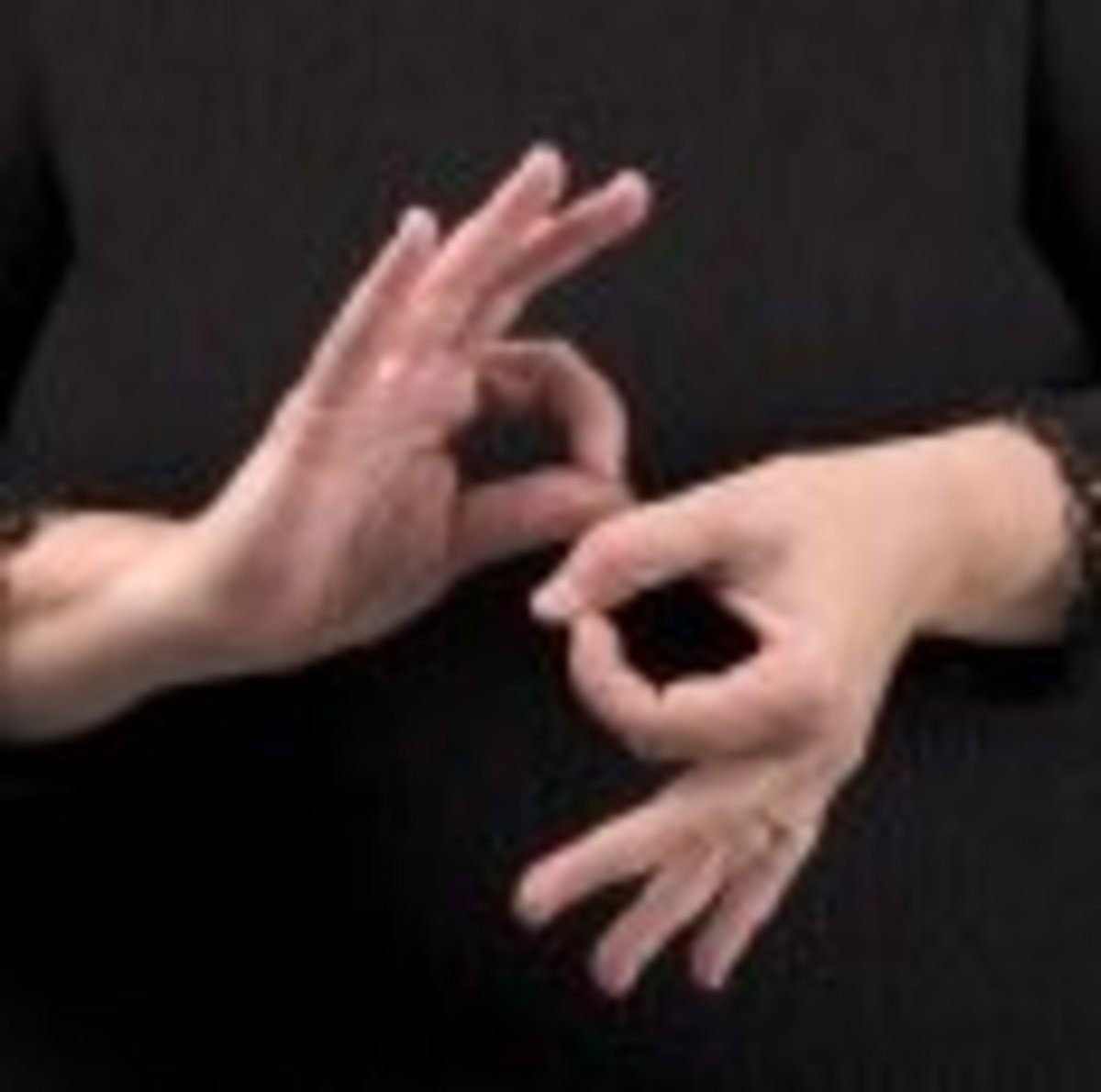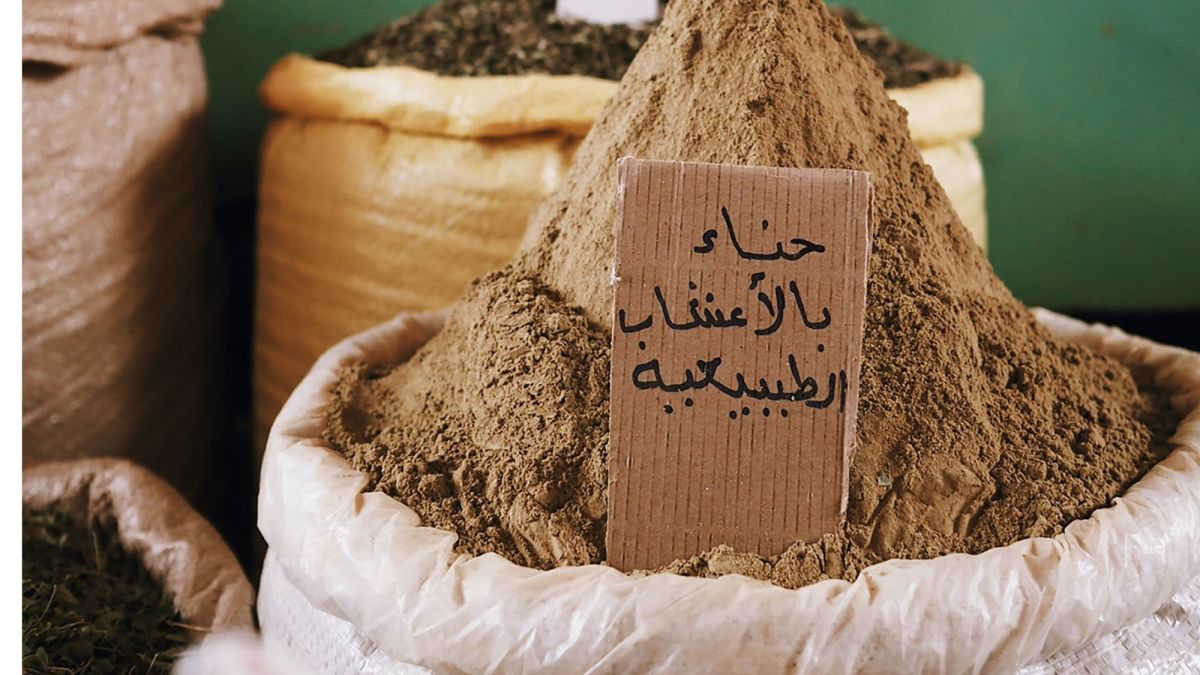Learning Arabic: Part 3
Learning Modern Standard Arabic is perhaps the most challenging endeavor I’ve ever undertaken. There’s nights when I’m dead tired; I barely have the energy to change from my dress shoes to my slippers; I’ll still have to eat; and even though all I want to do is close my eyes, I still have to study just a little bit before I go to bed; at least a half hour.
Even if it’s just for a half hour, fifteen minutes even, I take it where I can get it. Whether it’s before bed, on a walk to the grocery store, sitting at the laundromat, I always keep a couple notecards with me that have vocab on one side, and grammar on the other. Whenever I read (anything), write, or ask for directions, I’m mentally trying to translate English to Arabic. I’m multi-tasking through many of the conversations I have on a daily basis. Most of the mental Arabic however is in the form of monologues where I may try to say “I want justice for your country,” or “his children are happy.” I’m doing fairly well with simple sentences.

Reading is a great way to get practice though. If you’re learning a language, take a half hour of the time you spend reading and try to translate what you’re reading into the language you’re learning. And read aloud.
Great practice; because learning a language isn’t about memorization, it’s about application. I learned that early on.
Arabic is actually my first real endeavor at learning a language (I took Spanish in high school) and it’s been a highly gratifying experience; but I still have a long way to go. That being said, I’d have an even longer way to go if I were to approach Arabic (or any language) by trying to learn vocab solely on notecards, and by trying to merely memorize the content of the notecards. If you’re learning a language, and you get to a point where you’ve been supplementing vocab study primarily with notecards (especially if you get to the point where you’re trying to remember, in your native language, which words you’ve covered) then you’re going to drive yourself crazy.
Were you mainly using notecards for vocab?
In part one and part two, I mentioned that I’ve been listening to music, watching movies, and trying to supplement the need for exposure with media. Media content is very helpful, but ideally, I want to have a friend or a co-worker that speaks Arabic (I no longer work with Ahmed). I’ve explored many options. There’s plenty of Arab-American organizations that promote, endorse, facilitate, and assist with many social and political issues dealing with Arab-Americans and Arabs around the world; and many of those organizations offer financial assistance for schooling. There’s also plenty of volunteering experience out there, but there’s also layers of challenges. One being, again, which dialect I should start studying.
I had a poll in “Learning Arabic: Part 2” as to whether I should become fluent in either Egyptian Arabic, Classical Arabic, Syrian Arabic, Farsi, Kurdish, or Palestinian.
I’ve narrowed that down to either Palestinian or Farsi.
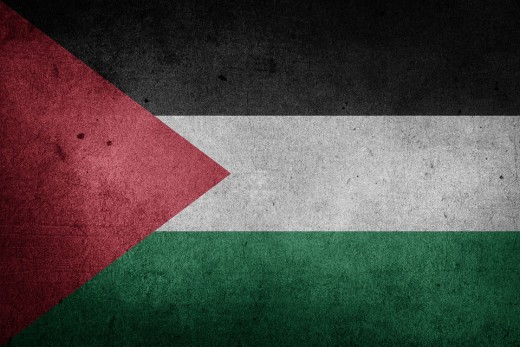
It’s a difficult choice that I’ve still not fully made, but from a humanitarian standpoint, I believe I stand to gain the most from knowing Palestinian or Syrian. From a professional standpoint, all of them seem to be beneficial, and from a cultural standpoint, it seems as if I have the most to gain from Farsi, Palestinian or Egyptian.
Again, I still haven’t decided. There’s much more research to be done. I’ve contacted several organizations about housing, employment, volunteer, and schooling opportunities with Arab speakers with various nationalities, so it’ll probably turn out that I’ll take the most promising professional opportunity, and learn that dialect…imagine if I were able to live with a Palestinian-American, work for an Egyptian-American, volunteer for Syrian or Iranian-Americans, and go to school with all of them!
Only time will tell, but as I will mention shortly, there’s some pragmatism behind leaning toward Palestinian-Arabic.
Should my decision be based on a professional (monetary) humanitarian (outreach/social work) or cultural standpoint (history, writing, reading, travel)?
The United States has a population of around 320,000,000, and an Arab-American population of around 3.5 million. That’s about 1% of the total population. About two-thirds of the entire population live in California, Illinois, Ohio, New York, California, Michigan, Florida, Texas, New Jersey, Pennsylvania, and Virginia. I’m in the Chicagoland area, which has one of the largest Arab populations of any city in the U.S. behind New York, Los Angeles, and Detroit. The majority of Arab-Americans are from Lebanon, Syria, Iraq, Egypt, and Palestine.
It just so happens that the online instructor I’m watching now is from Palestine, and being that I’ll be watching her videos for a long time to come (she has several hundred instructive videos) I’m thinking it’s about time to dedicate myself to learning Palestinian-Arabic. As for Modern Standard Arabic, I’m steadily progressing. I’ve been very busy the past month or so, but I’m getting more conversational.
It seems like the first thing one would do when they learn a language is learn how to say “Hello” or “Good morning” but I was more focused on having a sturdy understanding of the fundamentals before anything. I believe in instilling a foundation when it comes to learning anything, but when it comes to applying that philosophy to learning Arabic, I frankly don’t know how one could expect to become a proficient Arabic speaker without a solid understanding of how their alphabetical and grammatical system works. I’m obviously far from mastering the material myself, but I still just couldn’t imagine trying to learn vocabulary without knowing the full alphabetical table, and being able to orate each letter and basic vowels, at least. Especially if one is coming from a Latin-based language, they’d just be making it that much harder on themselves by not having a mechanical understanding of how each letter sounds, and how they work with the vowel system.
Most of my media studies are focused on identifying letters as they’re spoken. My vocabulary is growing at a pretty stable (slow, but consistent and stable) rate, but for the time being, my growing vocabulary is in a way just a byproduct of building an understanding of how the language is spoken, and how it is to be audibly understood (but I do have vocab-focused study periods as well).
Did you know that Arab-Americans only made up 1% of the total population in the U.S.?
I’ve also dropped the phonetics. They served a needed purpose at the beginning of my language learning endeavor, especially with a script as foreign looking as Arabic, but after a while they become detrimental. Arriving at that point is progress as well. I’m still adding the phonetics along with conversational vocabulary, but for the most part it’s straight Arabic script. Again, early on, having a phonetical Arabic-English translation to go along with the Arabic script helped me with my pronunciation, but at this point, they’re just keeping me from being able to just see Arabic script and understand it, because it’s easy to build a bad habit of learning vocabulary based on phonetics. I suppose if one is only trying to learn to speak Arabic (or any language) and isn’t worried about being able to read it, this wouldn’t be a problem, but for me, they’re in my way from being able to learn to read Arabic, and know what it means in English.
From another vantage point, dropping phonetics sort of goes hand in hand with the memory palaces I discussed in Part 2. One of my most effective methods of learning vocabulary has been in translating my environment. I have a notecard for my bedroom, my bathroom, my work station; and I also throw in a couple verbs and adjectives. For instance, on my bedroom notecard, I’ll have “bed” (“sareer”) “alarm clock” (“munehbay”) “to wake up” (“yastieqyz”) and “sunny” (“mushmiss,” if I remember correctly).
The task list is never ending. For one, I’ve yet to start typing in Arabic. But I’ll get there. Just takes time. Thanks for reading.

